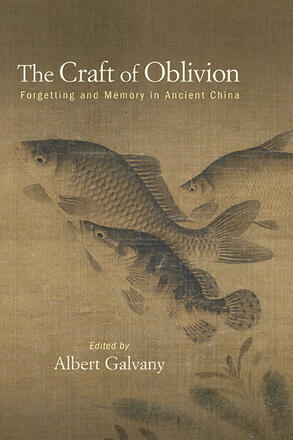
The Craft of Oblivion
Forgetting and Memory in Ancient China
Alternative formats available from:
Examines the intersections between forgetting and remembering in classical Chinese civilization.
Description
The Craft of Oblivion is an innovative and groundbreaking volume that aims to study, for the first time, the intersections between forgetting and remembering in classical Chinese civilization. Oblivion has tended to be relegated to a marginal position, often conceived as the mere destructive or undesirable opposite of memory, even though it performs an essential function in our lives. Forgetting and memory, far from being autonomous and mutually exclusive spheres, should be seen as interdependent phenomena. Drawing on perspectives from history, philosophy, literature, and religion, and examining both transmitted texts and excavated materials, the contributors to this volume analyze various ways of understanding oblivion and its complex and fertile relations with memory in ancient China.
Albert Galvany Associate Professor of Philosophy at the University of the Basque Country UPV/EHU.
Reviews
"The papers in this volume examine memory—and forgetting—from an impressive variety of perspectives. In their different approaches and the sources they engage, the authors bring a new richness to the study of memory in premodern China. They show us that a sophisticated regarding of the past is not only the province of the modern but existed since antiquity in ways that can still surprise us." — Charles Sanft, author of Literate Community in Early Imperial China: The Northwestern Frontier in Han Times